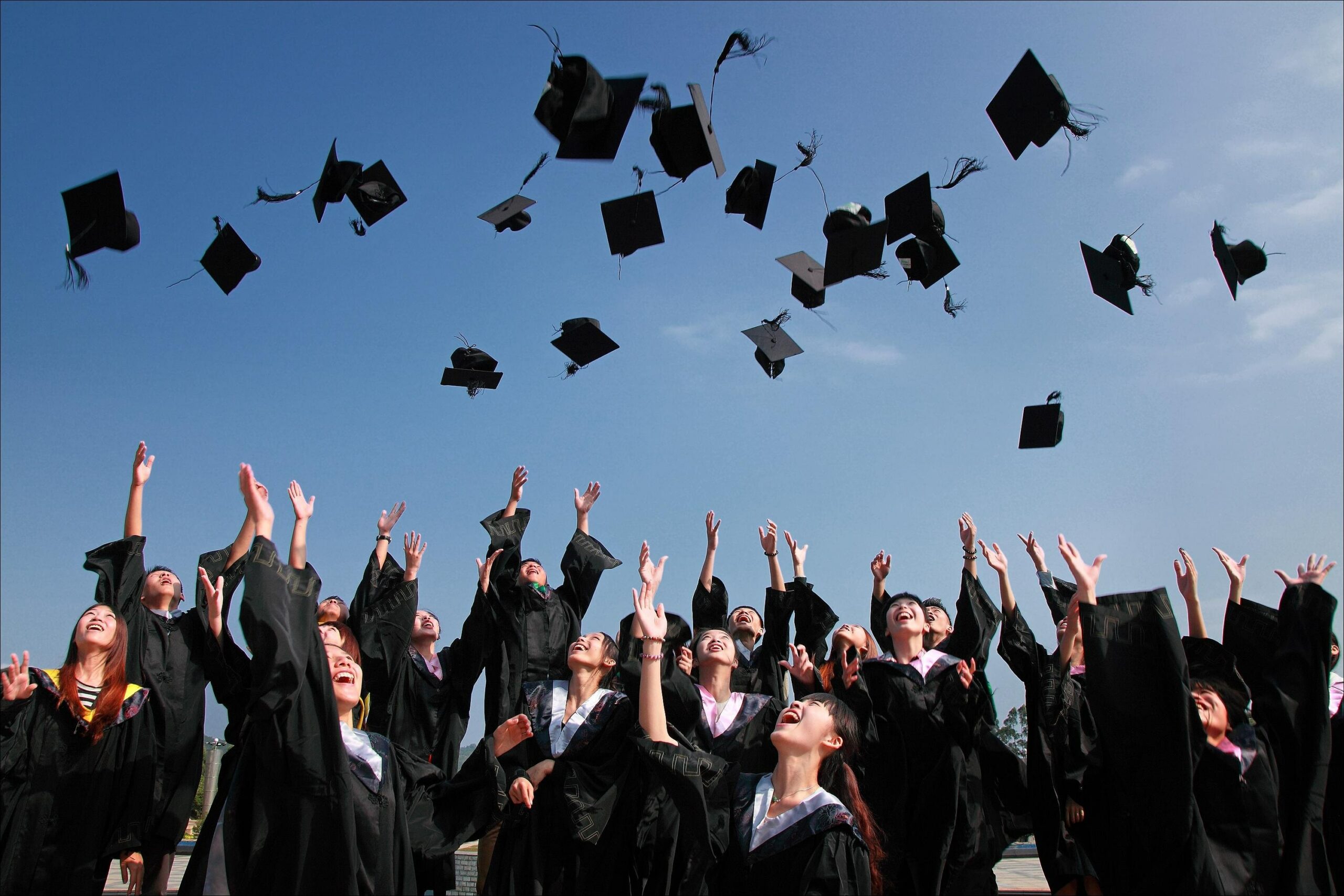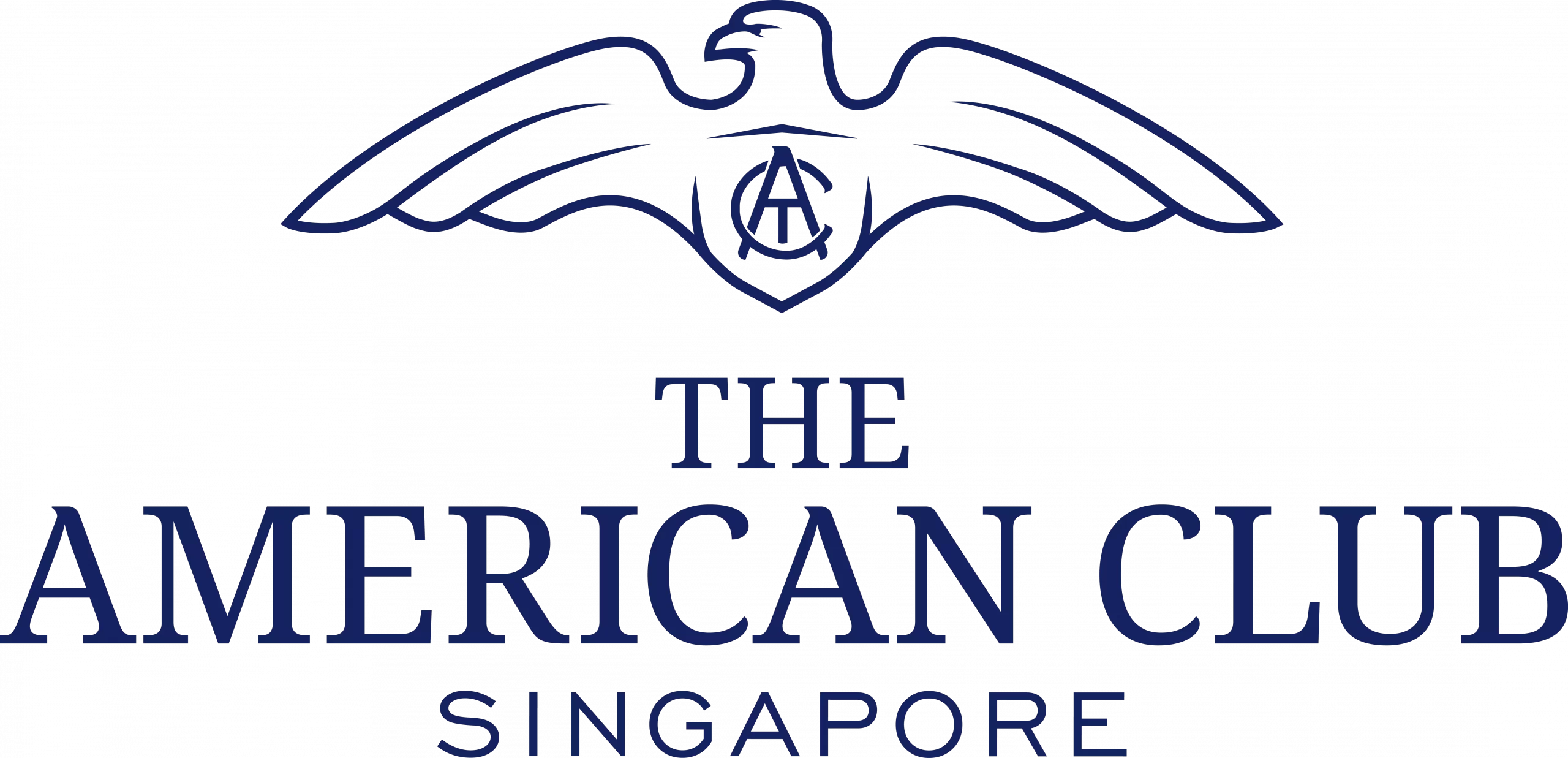Table of Contents
Singapore Education System
Singapore’s education system can be categorized into five key stages:
Preschool
Preschool in Singapore caters to children below seven years old and encompasses half-day or full-day care programs as well as kindergarten preschool education. The majority of childcare centers and kindergartens in Singapore are privately operated, yet they are required to undergo registration with the Ministry of Education (MOE) before becoming operational.
Primary
Primary education in Singapore typically commences at seven years old and covers a total of six years, serving as the initial stage of formal education. It is akin to attending First Grade through Sixth Grade in the American education system. Upon successfully completing these six years of primary education, students are required to sit for the Primary School Leaving Exam (PSLE). Those who pass this examination are then eligible for enrollment in a secondary-level program.
Secondary
Following the successful completion of the PSLE, students are assigned to a secondary school, taking into account their PSLE merit ranking and personal preferences. Secondary education typically spans four to five years, equivalent to attending Seventh Grade through Tenth Grade in the American education system. Upon concluding secondary education, students are required to take the Singapore-Cambridge GCE ‘O’ Level or GCE ‘N’ Level examination. Based on their performance in the examination, students progress toward pre-university education.
Pre-University
Pre-university education in Singapore is akin to participating in the Eleventh and Twelfth Grades within the American education system. In Singapore, there are several pre-university pathways that students can pursue based on their academic strengths, interests, and career goals. These pathways are designed to prepare students for the challenges of higher education and offer various options for academic and personal development. The main pre-university pathways in Singapore include:
Junior College (JC):
- Junior colleges offer a two-year pre-university program leading to the Singapore-Cambridge GCE Advanced Level (A-Level) examinations.
- JCs are known for their rigorous academic curriculum and are often chosen by students aiming for university admission.
Polytechnic Diploma Program:
- Polytechnics offer three-year diploma programs in a wide range of fields such as engineering, business, healthcare, and design.
- Polytechnic diplomas are considered a pathway to both university admission and direct entry into the workforce.
International Baccalaureate (IB):
- Some international schools in Singapore offer the IB Diploma Program, a rigorous two-year curriculum that is recognized globally.
- The IB program emphasizes critical thinking, research skills, and community service.
University
There are three primary types of institutions: Autonomous Universities (AUs), publicly funded Institutes of Higher Learning (IHLs), and private education institutions (PEIs). Admission to Singaporean universities is highly competitive and primarily based on academic merit. GCE ‘A’ Level results, a Diploma or equivalent qualifications are typically required for undergraduate admissions. Undergraduate programs in Singapore typically last three or four years.
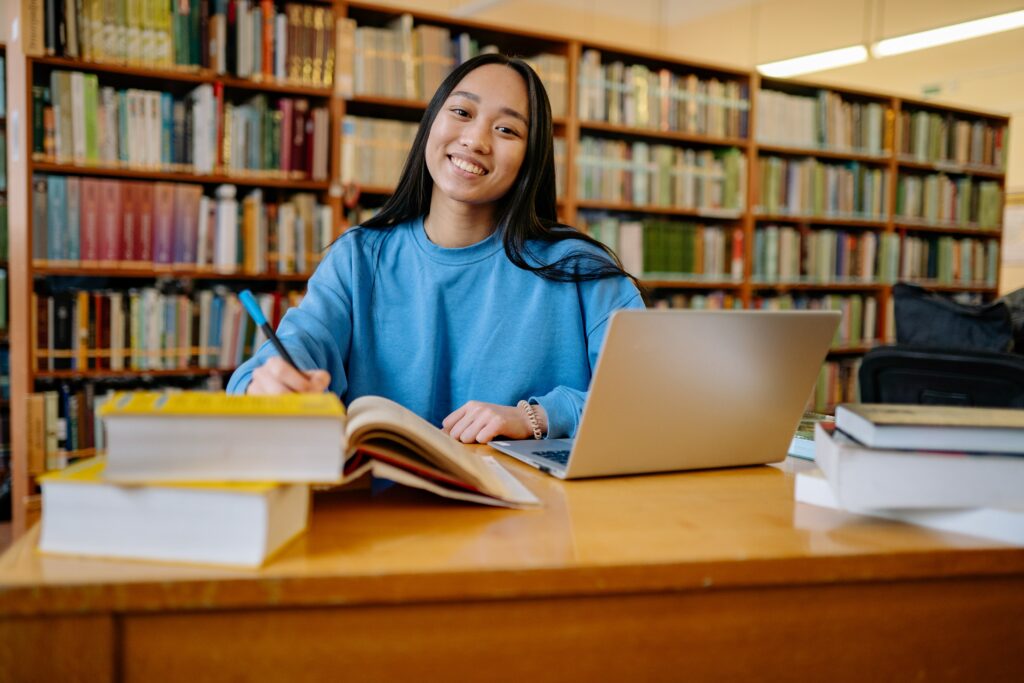
Singapore local school admission for foreign students
Public schools in Singapore
- Introduction
Singapore’s public education system is globally renowned for its high quality and academic excellence, thanks to its rigorous curriculum and dedicated teaching staff. It emphasizes meritocracy, ensuring equal opportunities for all students based on their performance and potential. The school year comprises four 10-week terms, starting in January, with breaks in between extracurricular activities and rest. The Full Subject-Based Banding (SBB) system highlights English and the Mother Tongue language as primary subjects, reflecting Singapore’s bilingual policy, where students master both English and their respective mother tongue languages, such as Malay, Mandarin, or Tamil. This approach not only showcases Singapore’s cosmopolitan identity but also connects students to their cultural heritage.
- Admission for foreign students
International students seeking admission to mainstream primary schools, secondary schools, junior colleges, polytechnics and Millennia Institute in Singapore can participate in the MOE’s annual admissions exercise. However, admission is subject to the availability of school openings and specific criteria. For primary and secondary school admissions, two options are available: the Admissions Exercise for International Students (AEIS) and the Supplementary Admissions Exercise for International Students (S-AEIS). AEIS covers Primary 2 to 5 and Secondary 1 to 3 for the upcoming academic year, while S-AEIS is for Primary 2 to 4 and Secondary 1 to 2 for the same academic year. It’s crucial to understand that admission through these exercises is not guaranteed and depends on your child’s performance in the tests, as well as available school vacancies and your declared residential area, where possible.
Homeschooling in Singapore
- Introduction
Homeschooling in Singapore presents numerous advantages, including the opportunity for personalized instruction, creating tailored learning environments, and focusing on a child’s unique strengths and weaknesses. Nevertheless, it’s essential to recognize the associated challenges, such as the active involvement required from parents in their child’s education and the necessity to meet MOE’s stipulated requirements. Despite the regulatory framework, homeschooling serves as a viable educational alternative in Singapore, catering to families who value a more individualized and adaptable approach to their children’s educational journey.
- Homeschooling for foreign students
In Singapore, parents who opt for home schooling can request a Compulsory Education exemption from MOE, allowing them to educate their children at home while adhering to the national curriculum. The Compulsory Education Act stipulates that homeschooled children must cover four subjects: English, Mother Tongue, Mathematics, and Science. Homeschooling families are expected to follow this curriculum to provide a well-rounded education, offering flexibility to adapt to their child’s pace and specific learning needs. It’s important to note that homeschooled children in Primary 4 take a benchmarking test covering the year’s syllabus and later sit for the PSLE in four subjects at a standard level (English Language, Mother Tongue Language, Mathematics, and Science). They must meet the PSLE benchmark set at the 33rd percentile of all students in national primary schools for that year and also participate in the National Education Quiz before the PSLE.
Home-grown international schools
Another choice for you is to enroll your children in one of Singapore’s three home-grown international schools: ACS International, Hwa Chong International, and SJI International. These schools provide secondary and post-secondary education, culminating in the globally recognized IB qualification, facilitating admissions to Ivy League universities. While these institutions are privately funded, they operate under MOE’s umbrella. As a result, they adhere to the bilingual education policy but have the flexibility to create their own curricula and determine class sizes and fees.
International schools for foreign students
Why choose an international school?
Selecting an international school is a popular choice among expatriate families for several compelling reasons. Firstly, these schools provide a multicultural environment that enables children to connect with peers from diverse backgrounds, fostering a broader perspective and cultural awareness. International school teachers are skilled at assisting students in adapting to life in a new country, facilitating a smoother transition.
Moreover, international schools offer a variety of curricula, often aligning with those of students’ home countries, allowing for a seamless educational transition. Additionally, the wide array of academic calendar options allows families to make the most appropriate choice for their situation. Some schools’ academic calendars start from June or July and end in August or September. However, there are also options for those following the January to December academic calendar used in Singapore’s government-run schools.
Lastly, international schools offer unique opportunities for career development and cultivating global citizenship, preparing students for a world that values cross-cultural competence and international perspectives. These factors collectively make international schools an attractive choice for expatriate families seeking a well-rounded and globally-focused education for their children.
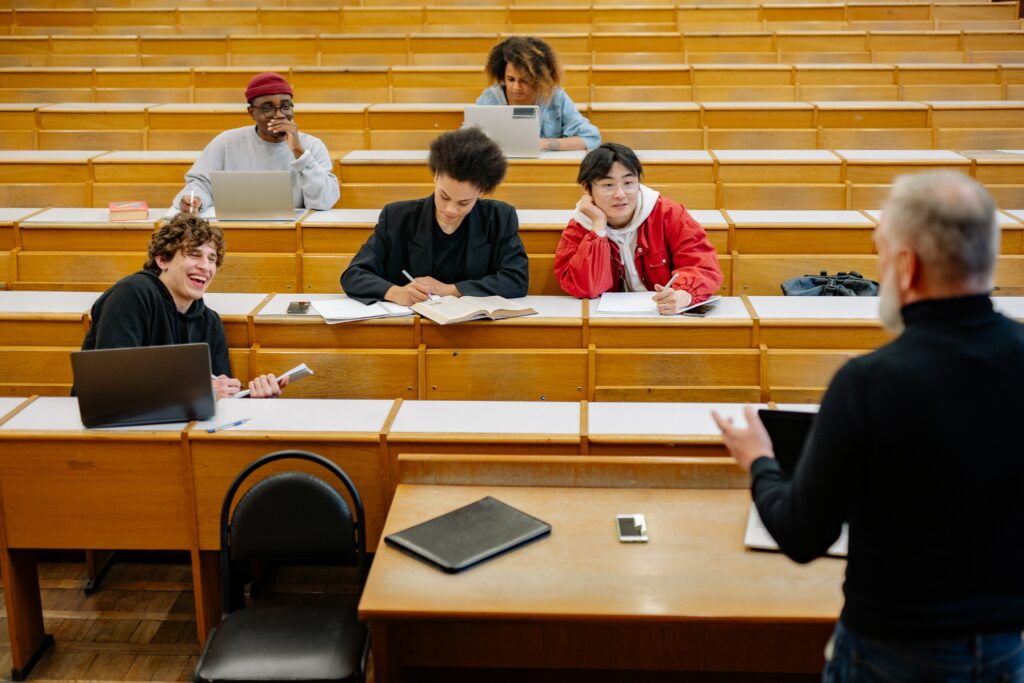
International schools in Singapore
- Introduction
The international school landscape in Singapore is both diverse and extensive, with over 90 international schools catering to a student population of more than 63,000. These institutions offer a wide range of curriculum options, including IB, UK, US, French, German, and Singaporean programs. What sets international schools in Singapore apart is their commitment to providing pathways similar to those found in the students’ home countries, ensuring a seamless transition for expatriates and returning students. Additionally, for those who have spent significant time studying abroad and wish to continue in the same educational framework, Singapore offers admission opportunities to Foreign System Schools (FSS). This system is primarily designed to serve the expatriate community’s children, further enhancing the accessibility of diverse educational experiences in the country.
- Admission for foreign students
Each international school in Singapore maintains its distinct admission criteria. To initiate the application process, you can directly approach the school of your choice and submit your application along with the required supporting documents. Should the school be able to offer your child a place, they will then send your application to MOE for further assessment, conducted on a case-by-case basis, with subsequent communication of the outcome back to the school. Typically, the processing time for applications takes around two to four weeks from the date of receipt by MOE, though more complex medical cases may require up to eight weeks. It is advisable to ensure that your application includes all pertinent documents, as incomplete submissions can lead to delays in the processing timeline.

Factors to consider when choosing an international school
- Language Programmes: Explore the language options offered by the international school, ensuring they align with your child’s language proficiency and your family’s language preferences.
- Co-curricular Programmes: Look into the co-curricular activities and extracurricular programs available. These can significantly contribute to your child’s holistic development and interests. Examples of common co-curricular activities include sports teams, math clubs, chess clubs, talent shows, writing competitions, debates, drawing competitions, and theater performances.
- Tuition Fees: Understand the tuition fees for each education level and any additional costs associated with attending the school. This includes fees for uniforms, textbooks, transportation, and extracurricular activities.
- School Culture: Assess the school’s culture and values to determine if they align with your family’s values and educational goals. A positive and inclusive school culture can greatly impact your child’s experience.
- Admissions Process: Familiarize yourself with the admissions process, including application deadlines, requirements, and any entrance exams or interviews. Ensure you meet all the criteria for enrollment.
Student Pass and Dependent Pass
Dependent Pass (DP)
The Dependent Pass, known as DP, is designed for the spouses and children (below 21 years old) of Employment Pass or S Pass holders, allowing them to join their family members in Singapore.
DP holders can enroll in various educational institutions without the need for another pass, including Government/Government-aided/Independent Schools, Kindergartens, Foreign System Schools (FSS), and Private Institutions for part-time courses.
Student Pass (STP)
In Singapore, a student visa is commonly referred to as a Student Pass (STP). International students planning to attend academic programs lasting more than 30 days are required to apply for a Student Pass.
For students wishing to enroll in specific institutions like the Institute of Technical Education (ITE), Institutes of Higher Learning (IHLs), and Private Institutions for full-time courses, an STP application is necessary. To apply for an STP online, you can refer to the Immigration & Checkpoints Authority’s (ICA) website for detailed information.
Fees for education in Singapore
- Tuition Fee: The core fee covering the cost of academic instruction and educational resources.
- Application Cost and Enrollment Cost: Fees associated with the application and enrollment process.
- Insurance: Often, schools require students to have insurance coverage for health and accidents.
- Parents’ Union: Membership fees for parents who wish to join the school’s parents’ union or association.
- Extra-Curricular Activities’ Fees: Charges for participation in additional activities beyond the standard curriculum, such as sports, clubs, or cultural events.
Age Criteria for Admission of Foreign Students
| Level | Permissible Age Range as at January 1 or Year of Admission |
|---|---|
| Primary 1 | 6 – 10 years old |
| Primary 2 | 7 – 11 years old |
| Primary 3 | 8 – 12 years old |
| Primary 4 | 9 – 13 years old |
| Primary 5 | 10 – 14 years old |
| Primary 6 | Admission to this crucial level is not permitted due to inadequate preparation time for the Primary School Leaving Examination, which is conducted towards the end of the year. |
| Secondary 1 | 12 – 16 years old |
| Secondary 2 | 13 – 17 years old |
| Secondary 3 | 14 – 18 years old |
| Secondary 4 | Direct admission to this significant level is not permitted as students would not have ample preparation time for the GCE “N” or GCE “O” Level Examinations, which are scheduled towards the end of the year. |
| Secondary 5 | Direct admission to this crucial level is not permitted due to inadequate preparation time for the GCE “O” Level Examinations scheduled towards the end of the year. |
| Pre-U 1 | 16 – 20 years old |
| Pre-U 2 | Direct admission to this crucial level is not permissible due to the limited preparation time available for the GCE “A” Level Examinations held at the end of the year. |
| Pre-U 3 | Admission directly to this significant level is not permitted because students will not have adequate preparation time for the GCE “A” Level Examinations, which are conducted towards the end of the year. |
